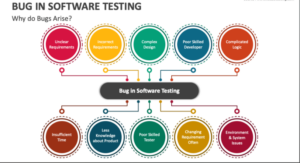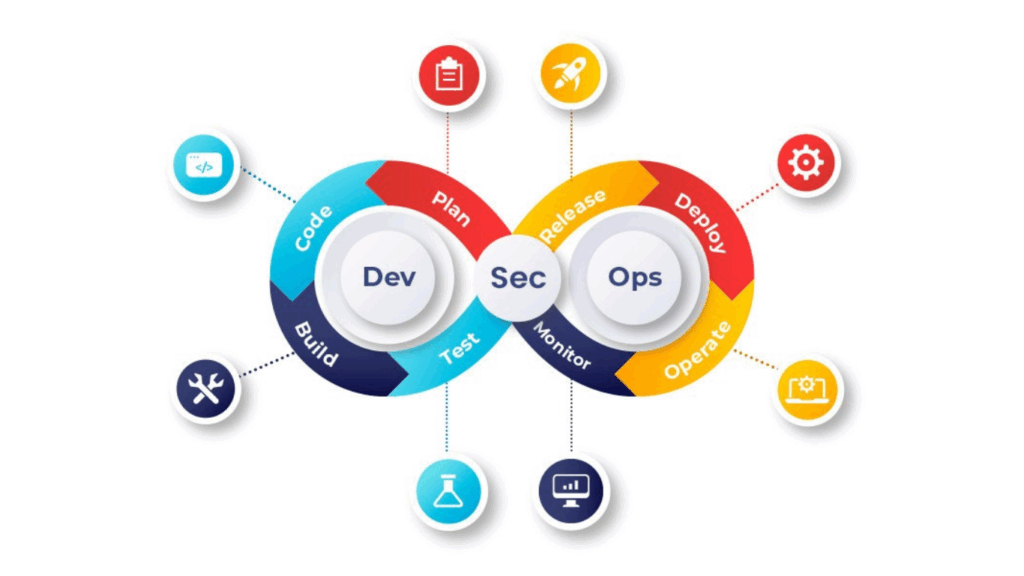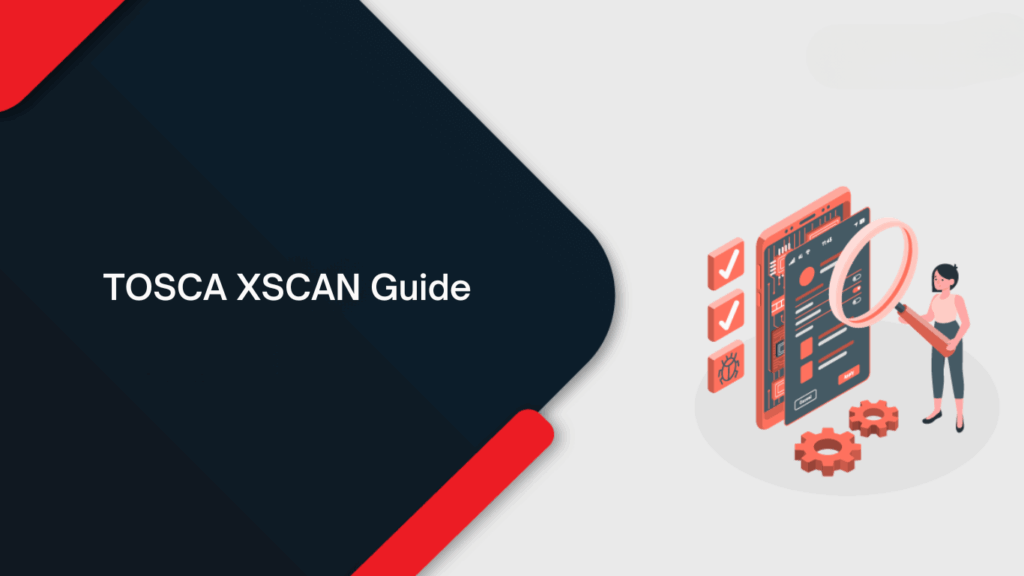Dependency Testing, it is a testing technique in which an application’s requirements are pre-examined for an existing software, initial states in order to test the proper functionality. Dependency Testing allows single test method which depends on one or more test methods. This is important feature when our program relies on ordering of test. Test Method such as launching a web server must execute before deploying code to an environment.
A test method thus launching web server must run before deploying code to an environment. The dependent test methods ie, launch, which needs to pass before executing the calling Test method deploy. If launching a web server fails, then there is no server for testing the application. With dependency testing our test report returns one failure and also has several skips. Without dependency testing our test report returns a cascade failure due to the failed launch method. A cascade failure is similar to a waterfall of failures, if one test method fails then it causes the remaining tests also to fail. The cascade failure produces a misleading Test Report because the calling test method ie deployment and remaining tests which were not executed.
1. DependsonMethods() attribute
The dependsonmethods attribute is an attribute of @test annotation. TestNG enables our program to say an array representing a Test method depends on.

Consider a TestProject which explains DependsOnMethods. We will be using DependsOnMethods as
1. Create a free account with TestProject
2. Signin the TestProject.
3. Click the new button.
4. Mobile, web and code are available as Test types.
2. DependsOnGroups
We may specify our test depends on any other groups, where it is helpful to have multiple methods and they are grouped together. We can simply specify the group test which depends on, rather than specifying the main list of all methods.
All the earlier defined methods are part of group named tests. The methods depend on pre-tests group. We have also cleanup method that depends on the tests group.
@Test(groups = “pre-tests")
public void init() {
System.out.println("init resources");
}
@Test(groups = "tests", dependsOnGroups = "pre-tests")
public void insert() {
System.out.println("inserting demo data");
}
@Test(dependsOnMethods = "insert", groups = "tests")
public void select() {
System.out.println("selecting demo data");
}
@Test(dependsOnMethods = "select", groups = "tests")
public void update() {
System.out.println("updating demo data");
}
@Test(dependsOnMethods = { "insert", "update" }, groups = "tests")
public void delete() {
System.out.println("deleting demo data");
}
@Test(dependsOnGroups = "tests")
public void cleanup() {
System.out.println("closing resources");
}
}
The output of test execution is:
init resources
inserting demo data
selecting demo data
updating demo data
deleting demo data
closing resources
This test can also be done together in a suite by creating an XML file.
From all the examples, the dependency testing is a technique where application’s requirements are pre-examined for existing software in order to achieve desired functionalities. This examination will take care two factors faults and defects existing in the application. Just like other application or tools, software has some impacted areas such as compatibility user-interface and importantly there will be no such as compatibility. User-interface and most importantly there should be no such vulnerability for information breach.






























11 Responses
Dependency Testing is a technique in which an application’s requirements are pre-examined for an existing software, initial states in order to test the proper functionality. Dependency Testing allows single test method which depends on one or more test methods. It becomes very important when our program relies on ordering of test. Good example is a launching a web server would definitely execute before deploying code to an environment. If launching a web server fails, then there is no server for testing the application.
Dependency Testing, a testing technique in which an application’s requirements are pre-examined for an existing software, initial states in order to test the proper functionality.
dependency testing it is a testing technique in which an application’s requirements are pre-examined for an existing software, initial states to test the proper functionality. Dependency testing is done in using testNG, using some method. How testNG can handle one method to depends on another method. The depends on methods attribute is an attribute of @test annotation. TestNG enables our program to say an array representing a Test method depends on.
Dependency Testing, it is a testing technique in which an application’s requirements are pre-examined for an existing software, initial states in order to test the proper functionality. Dependency Testing allows single test method which depends on one or more test methods. This is important feature when our program relies on ordering of test. Test Method such as launching a web server must execute before deploying code to an environment.
Dependency Testing, a testing technique in which an application’s requirements are pre-examined for an existing software, initial states in order to test the proper functionality. The impacted areas of the application are also tested when testing the new features or existing features.
Dependency testing ,it is a testing technique in which requirements of applications are pre examined for an existing software ,intial states in order to test the proper fuctionality.
it allows sigle testing method which depends on one or more test method .
Dependency test is a testing technique in which pre requirements for the software under test is tested in order to achieved the desired functionality.
Dependency Testing, a testing technique in which an application’s requirements are pre-examined for an existing software in order to achieve desired functionalities. Under dependency testing, one functionality of an application will depend on other. So, while we test the new functionality of an application, we also test the impacted area of the application.
Dependency Testing is a technique in which an application’s requirements are pre-examined for an existing software, initial states in order to test the proper functionality. Dependency Testing allows single test method which depends on one or more test methods. It becomes very important when our program relies on ordering of test. Good example is a launching a web server would definitely execute before deploying code to an environment. If launching a web server fails, then there is no server for testing the application.
Dependency Testing is a testing technique in which an application’s requirements are pre-examined for an existing software, initial states in order to test the proper functionality. Dependency Testing allows the single test method which depends on one or more test methods. This is an important feature when the program relies on ordering of test. Test Methods must execute before deploying code to an environment.
Dependency Testing, it is a testing technique in which an application’s requirements are pre-examined for an existing software, initial states in order to test the proper functionality. Dependency Testing allows a single test method which depends on one or more test methods. This is an important feature when our program relies on ordering of tests. Test Methods such as launching a web server must execute before deploying code to an environment.